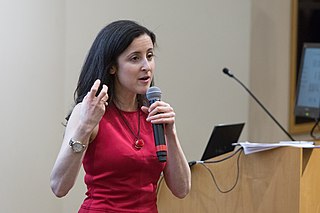A Quote by Irwin Redlener
Many low-income children face chronic stress from nutritional deprivation or persistent violence at home or in the community. By addressing their medical, emotional and developmental needs through a comprehensive clinical care model, we can lower their risk of developing long-term physical and mental health issues.
Quote Topics
Medical
Addressing
Care
Children
Chronic
Clinical
Community
Comprehensive
Deprivation
Developing
Developmental
Emotional
Face
Health
Health Issues
Home
Income
Issues
Long
Long-Term
Low
Low-Income
Lower
Many
Mental
Mental Health
Model
Needs
Nutritional
Persistent
Physical
Risk
Stress
Term
Through
Violence
Related Quotes
Many children face chronic stress from nutritional deprivation or persistent violence at home or in the community. By addressing their medical, emotional and developmental needs through a comprehensive clinical care model, we can lower their risk of developing long-term physical and mental health issues.
Medical thinking usually sees stress as highly disturbing but isolated events such as, for example, sudden unemployment, a marriage breakup, or the death of a loved one. These major events are potent sources of stress for many, but there are chronic daily stresses in people's lives that are more insidious and more harmful in their long-term biological consequences. Internally generated stresses take their toll without in any way seeming out of the ordinary.
One of the things we need to do is address mental health care as an integral part of primary care. People often aren't able to navigate a separate system, so you see successful models where a primary care physician is able to identify, diagnose, and concurrently help people get mental health treatment who have mental health issues.
We have a nation where the elite thinks it's OK to advocate a war and send the lower-income people to do the fighting. It's natural for such a people to think that the lower-income people should also have a worse health care experience. And the other countries are not there - I always say, not there yet. I tell the Germans and the Swiss, "You're not there yet, but if you're not very, very careful, if we Americans come over there and rearrange ... your health care system, you will be just like us."
With the socialization of the health care system through institutions such as Medicaid and Medicare and the regulation of the insurance industry (by restricting an insurer’s right of refusal: to exclude any individual risk as uninsurable, and discriminate freely, according to actuarial methods, between different group risks) a monstrous machinery of wealth and income redistribution at the expense of responsible individuals and low-risk groups in favor of irresponsible actors and high-risk groups has been put in motion.





































